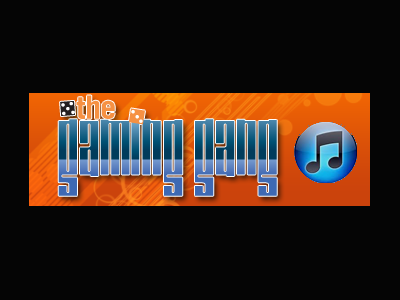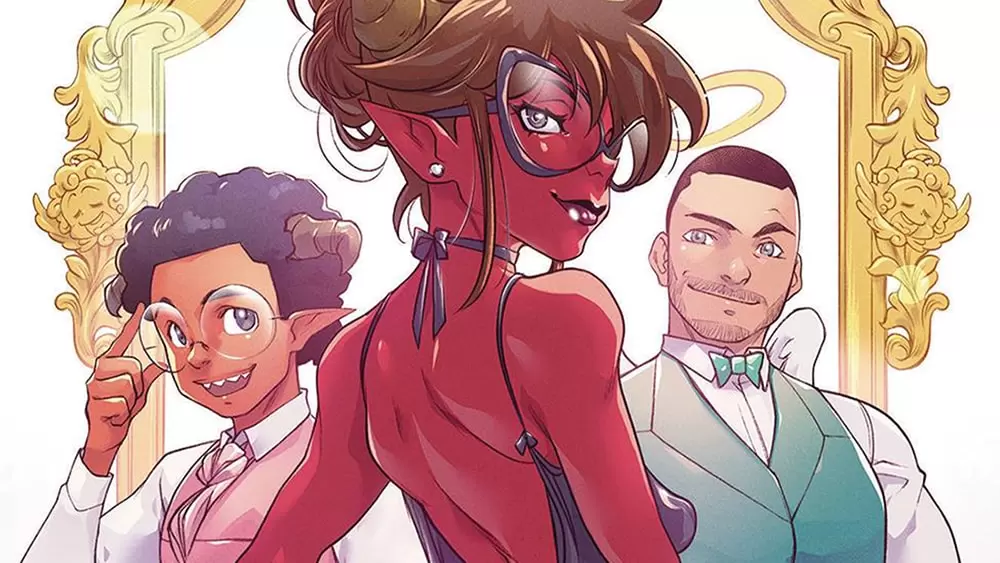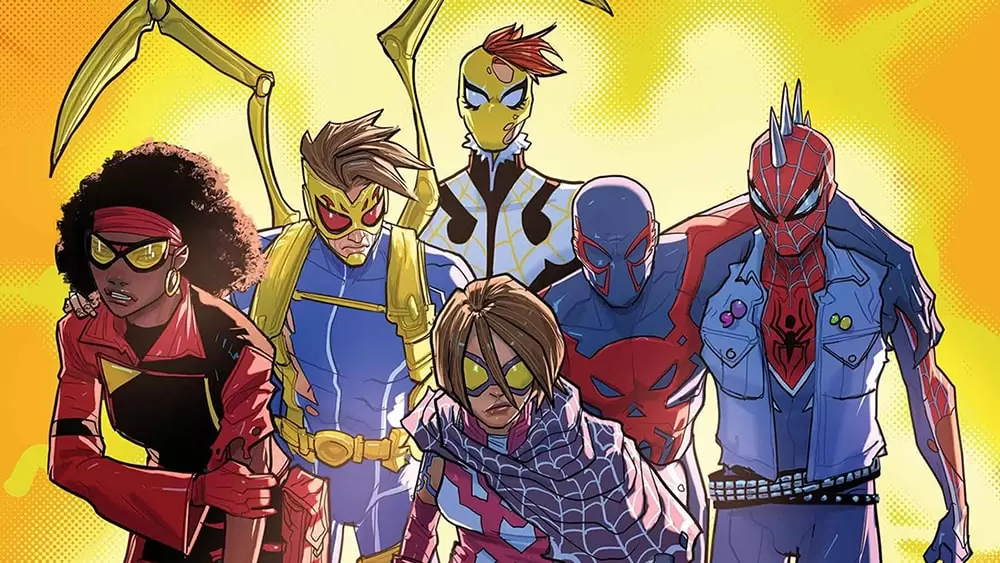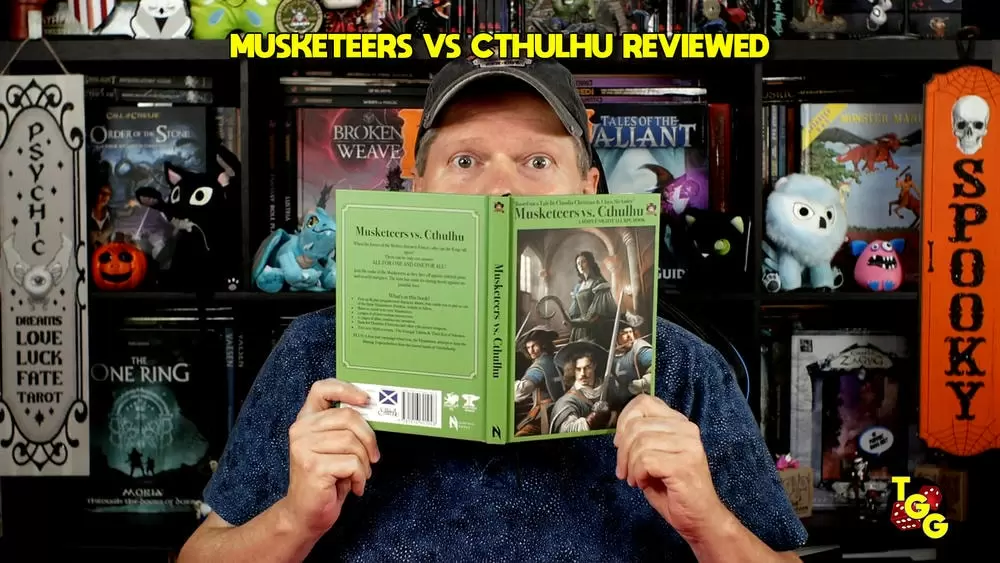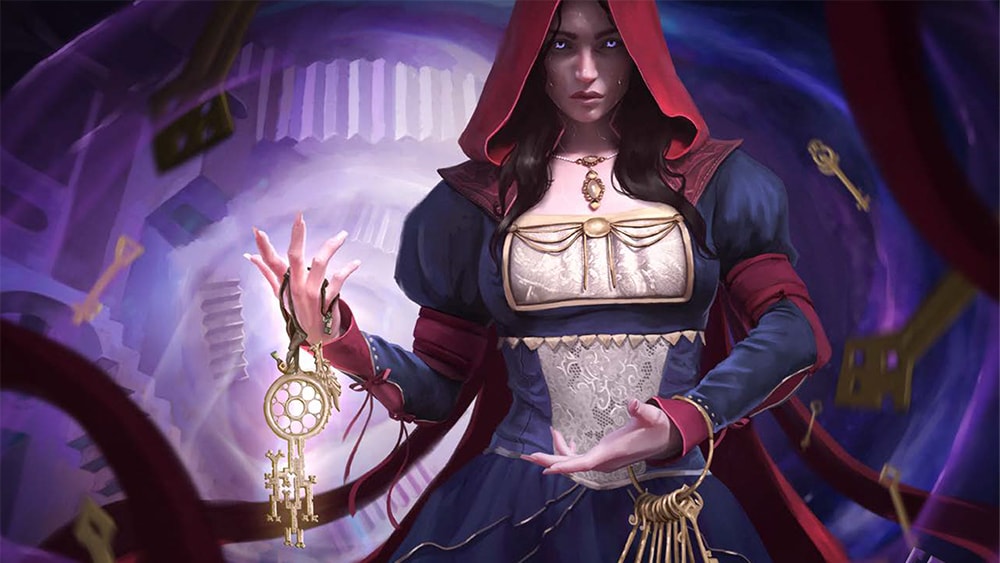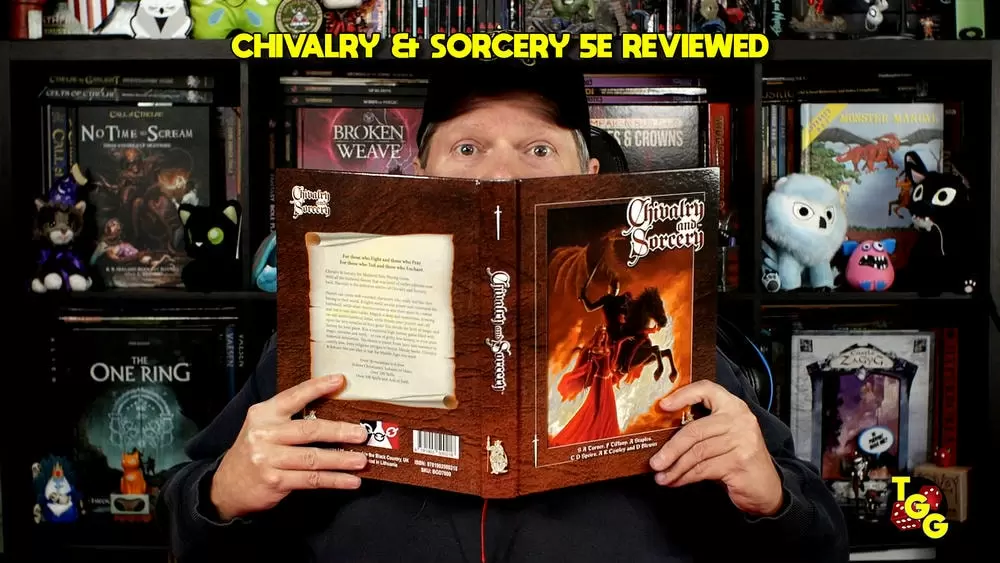
Alien Frontiers, the much anticipated retro-science fiction based board game from Clever Mojo Games, will be released soon. This of course depends upon a slow boat from China, but until that happens we wanted to find out a little bit more about the game, the designer, and Clever Mojo Games.
Alien Frontiers took the road less travelled by obtaining funding for the publishing of the game via Kickstarter.com. Kickstarter is a website which allows those looking for funding for a project (any project, not just board games) to pitch their case on the website. Project initiators create a page for their project with a video, written information, and funding needed to launch their project. People visit the website and pledge funding for projects they are interested in (these are called Backers). Depending upon the amount of money you pledge, you will receive different amenities related to the project. In the case of Alien Frontiers, Backers who pledged at least $50 were promised a copy of the game on release, plus a special set of ship scoring tokens, and a special card to use with the game. Backers could donate all the way up to $500.00, at which point they would receive a whole bag of goodies, including a signed piece of original artwork form the game.
Initially Tory Niemann and Clever Mojo President W. David MacKenzie were looking for $6000, to get enough funds to get the game published, but they were greatly suprised when they received over $14,000 in backing, enabling them to order more copies and pass the savings over to the public. Right now you can pre-order Alien Frontiers from Clever Mogo games for $39.95, rather than the retail price of $49.95.
I contacted Tory to ask him 10 questions about the game, here’s what he had to say.
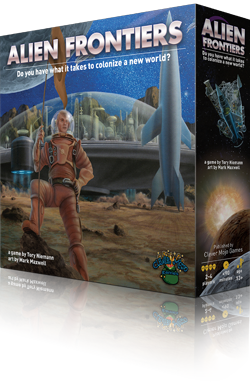
Elliot Miller: What was your inspiration for Alien Frontiers? And how did you decide to go from concept to reality?
Tory Niemann: My two biggest inspirations for Alien Frontiers were To Court the King and Kingsburg. I’d played To Court the King a bit and enjoyed the aspect of manipulating dice to get what you want, but the experience of the game left me wanting more. While thinking about ways to make that game more robust, I read a review of Kingsburg and I thought “Here’s the game I’m looking for.” But when I learned more about Kingsburg, it turned out to be not the game I thought it was. The game I thought it was didn’t exist, so I went to work making it. Several weeks later, we had out first prototype.
While working on other game ideas, I look back amazed at how smoothly the creation of Alien Frontiers went. I had the ideas of how it would work pretty fully formed, I made a prototype, added a few features, and by the second or third iteration, it was almost the same (gameplay-wise) as the final version is. If only it was this easy every time!
EM: Can you give a brief overview of the game?
TN: The players are human colonists racing to settle a newly discovered alien world. They each start of with three ships (six sided dice) and access to the nine Orbital Facilities that generate resources and other benefits. Each turn, the player will gather all of their ships from the board, roll them, and assign them to the Orbital Facilities of their choice. Each Facility can only accommodate a limited number of ships, has special rules about what types of ships can dock, and provides a different benefit. The Lunar Mine, for example, provides one Ore token per ship the player docks there, but can only accept ships if their value is equal to or greater than the highest ship currently docked there. Some Orbital Facilities require a combination of multiple ships to use.
During the game players will gather Ore and Fuel resources, use those to build more ships, and use ships and resources to build colonies. By building colonies on the planet’s surface, players earn points and gain access to special abilities associated with the different territories of the planet. Control of these bonuses goes to the player with the most colonies in the territory, so it can become a fierce battle for control over the territories that give bonuses critical to certain strategies.
In addition to these factors, players can also find artifacts left behind by the planet’s previous inhabitants. These Alien Tech cards allow the players to manipulate the values of their ships and do other fun things every turn for a Fuel cost. Most cards can also be discarded for a much more powerful effect, such as destroying an opponent’s ship or moving a colony to a different territory.
The game ends when one player has placed all of his or her colonies.
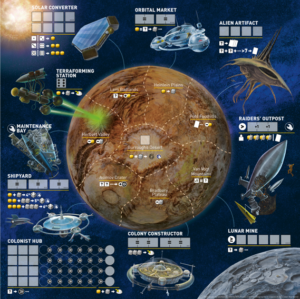
EM: The components and artwork for the game rival those of the big game publishers, even better than some. How did you do it?
TN: Clever Mojo Games made a lot of very smart moves when developing and manufacturing this game. David MacKenzie, the brains, brawn, and everything else behind Clever Mojo, managed to corral some serious talent for this game. Our artist, Mark Maxwell, really went above and beyond with his amazing art, and Karim Chakroun’s fantastic graphic design gave the game the polish it needed. David also decided to go with Panda Games Manufacturing for Alien Frontiers, and that was a very intelligent move. Many fledgling game companies try to maximize profit by manufacturing the game with a discount company. But David knew that discount company can give you discount quality. Panda Games has lived up to our expectations of quality and then some. For the record, I could not be more pleased with how this game has turned out as a product.
EM: What about rules? A lot of games suffer from hard to follow rules booklets. How did you make sure that your rules are easy to read and follow?
TN: From the earliest talk of rules writing, I had several objectives: easy to read, easy to follow, and as short as possible. As a gamer myself, I often balk at long rulebooks (I still haven’t fully digested the enormous rulebook for Agricola!), and I’m amazed how some of them say so little in so many words. But we also needed to be clear and word things in a way that avoided confusion. David and I went back and forth on the rules quite a bit, but in the end his desire to include many examples won out over my desire to keep things short. This was for the best, though, as the examples are very useful to new players.
EM: Was the Retro Sci-Fi theme your idea from the beginning? Or did it evolve over time?
A science fiction theme was always my goal, but I didn’t know what exact form it would take. Originally, the game had a more modern sci fi theme of colonizing Mars, but I decided immediately that this was too similar to Mission: Red Planet (even with that game’s steampunk aesthetic). When I shifted the game to settling an exo-solar planet, I was immediately put in the mindset of the classic pulp sci fi novels. For my early prototypes I copied the cover art from many of these novels. We were very lucky to get Mark Maxwell as our artist, because he understood the look and feel we were going for and did a great job recreating it with is art.
EM: How did you come to decide to use Kickstarter.com to fund the publishing of Alien Frontiers?
TN: I’d never heard of kickstarter.com when David suggested using it to kick up some funding, and at first I was very skeptical. Eventually, he talked me into it, and I was blown away with the response. I though his goal of $5000 was optimistic, but we ended up almost TRIPLING that goal. The support we’ve gotten from the community has been amazing. David deserves all the credit for the Kickstarter idea, which was just as important in building buzz and awareness as it was for funding.
EM: Any chance of some retro sci-fi alien monsters showing up ? Maybe in an expansion?
TN: I’m still kicking around an idea for an expansion in which the alien race that original lived on the planet makes their return. But right now that’s little more than an idea, nothing to get too excited over. Still, there are possibilities…
EM: I realize that Alien Frontiers isn’t even out yet, but is there a new game challenge on the horizon?
TN: As a designer, I always have something cooking. Few of my recent ideas have lived up the gaming litmus test, but I’m still coming up with new things. One game I’ve been working on here and there for almost seven years is almost ready. It’s called Hook, Line, and Sinker and, no, it’s not a fishing game. Hook, Line, and Sinker is a party game about creating ridiculous cons, swindles, and scams. I put it on the back burner when Alien Frontiers was in development, but there will be more to come about it soon.
EM: When can we expect to see Alien Frontiers available for purchase?
TN: Mid to late October. We are anxiously awaiting the shipment to arrive from the manufacturer, but it should be in our hand in less than two weeks. Then they go out to gamers! It is hard to believe that they are almost here, really.
EM: What games are you playing currently for fun?
TN: My big three game right now are Dominion (with Intrigue and Seaside), Race for the Galaxy (my wife just got into it, much to my surprise), and Endeavor. The upcoming games I’m most excited about are 7 Wonders and 51st State. Those two look to be right up my alley. Ingacy and Atoine, how about we swap some designer copies? 😉
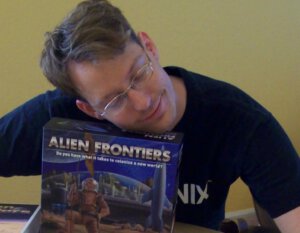
- Is January Really The Best Month To Book Cheap Flights? - Sep 15, 2024
- A Dungeon Delve for Kids?: A Review of Dungeon! - Oct 24, 2022
- Better, Stronger, Faster | Descent: Journeys in the Dark Second Edition Reviewed - Oct 23, 2022



